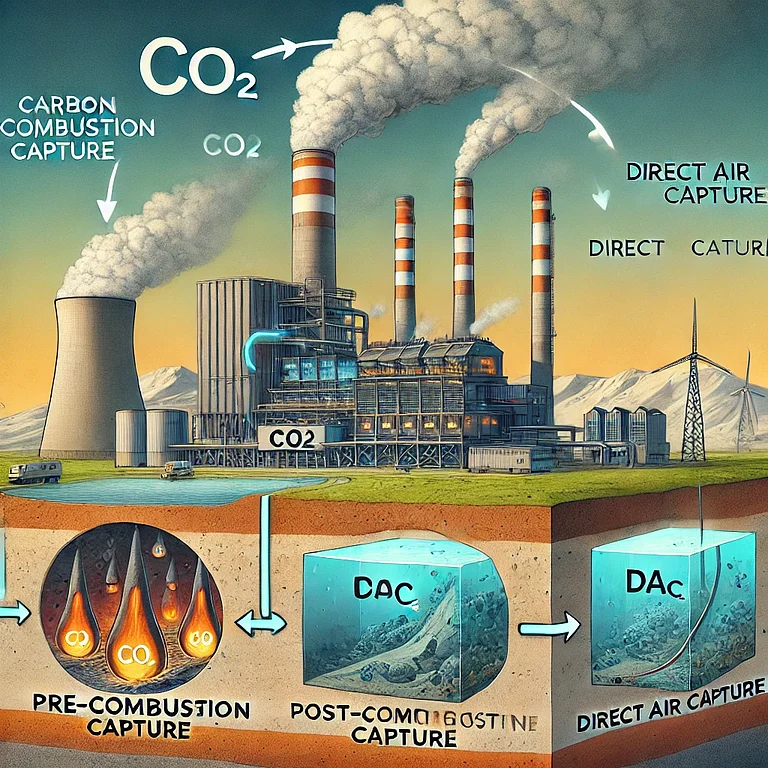Planetary Technologies, based in Nova Scotia, is pumping a slurry of minerals into the ocean off Canada’s eastern shores in an effort to combat climate change, reported Associated Press.
Ocean-Absorbing Carbon Solutions Face Growing Debate: Why is Carbon Capture Needed?
As ocean carbon capture gains traction, experts debate its effectiveness and environmental impact
From shore, a pipe releases a mixture of water and magnesium oxide- a powdery white mineral used in everything from construction to heartburn pills that, Planetary Technologies is betting, will absorb more planet-warming gases into the sea.
Planetary is part of a growing industry aiming to come up with a solution to global warming using the absorbent power of the oceans. It is backed by $1 million from Elon Musk’s foundation and competing for a prize of $50 million more, according to Associated Press.
The report further revealed that dozens of other companies and academic groups are pitching the same theory: that sinking rocks, nutrients, crop waste or seaweed in the ocean could lock away climate-warming carbon dioxide for centuries or more. Nearly 50 field trials have taken place in the past four years, with startups raising hundreds of millions in early funds.
But the field remains rife with debate over the consequences for the oceans if the strategies are deployed at large scale and over the exact benefits for the climate. Critics say the efforts are moving too quickly with too few guardrails.
“It’s like the Wild West. Everybody is on the bandwagon, everybody wants to do something,” Adina Paytan, who teaches earth and ocean science at the University of California, Santa Cruz told Associated Press.
Why is Carbon Capture Needed?
The need to eliminate the impacts of climate change has long been recognised and around 200 countries entered a pact to limit long-term warming to 1.5 degrees Celsius above pre-industrial levels.
However, as time progressed, human dependence on fossil fuels has continued leading to record levels of CO2 emissions. According to a 2018 IPCC Special Report on Global Warming of 1.5°C, global warming is likely to reach 1.5°C between 2030 and 2052 if it continues to increase at the current rate. Given the ongoing activities that produce CO2 and countries’ stance on supporting fossil fuels—such as the US Exit from Paris Climate Agreement or Argentina’s consideration to exit—the United Nations Environment Programme stated that the world will need some carbon capture and removal in order to limit warming to 1.5 degrees Celsius, even if governments manage to make steep cuts to emissions.
